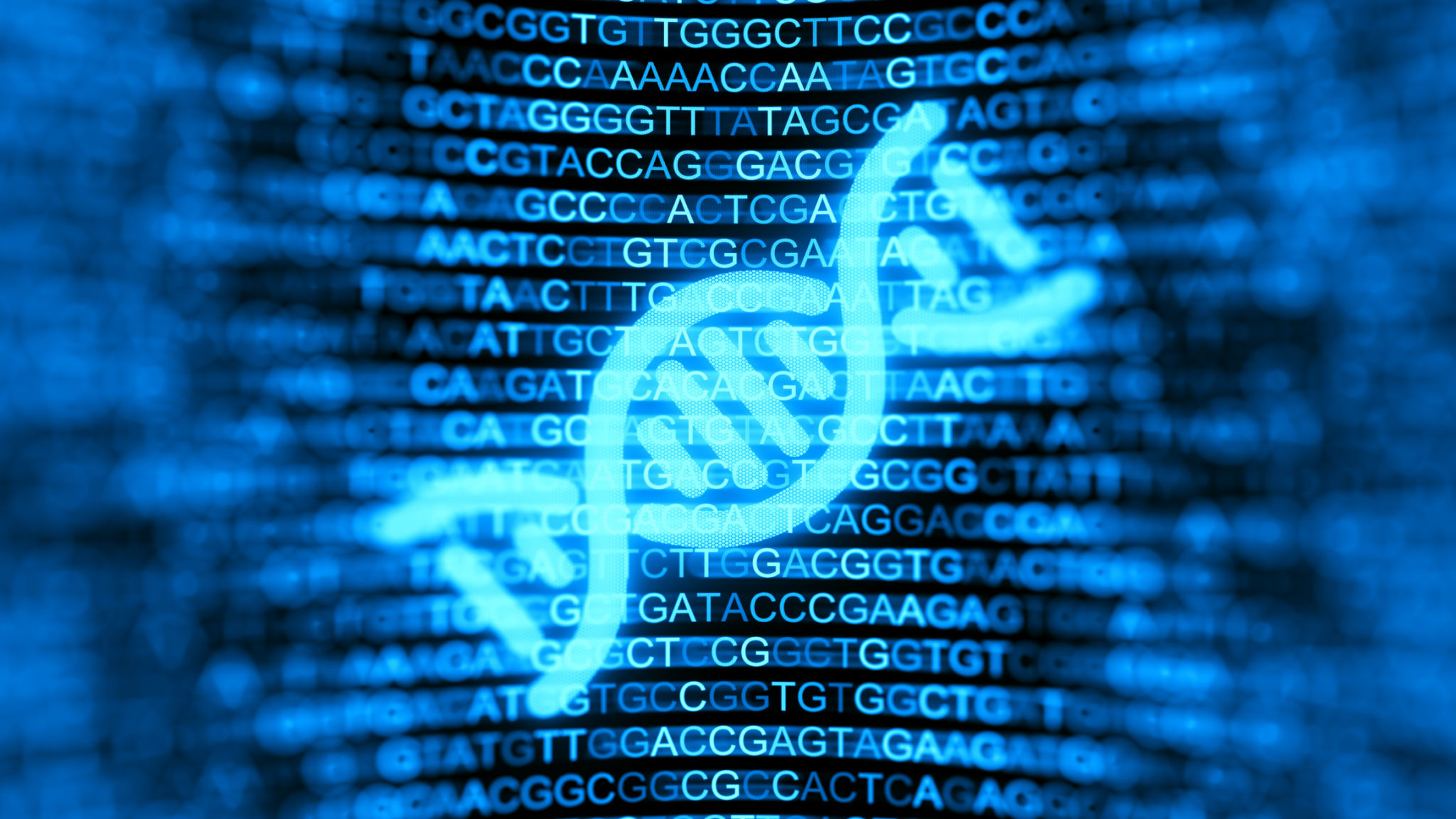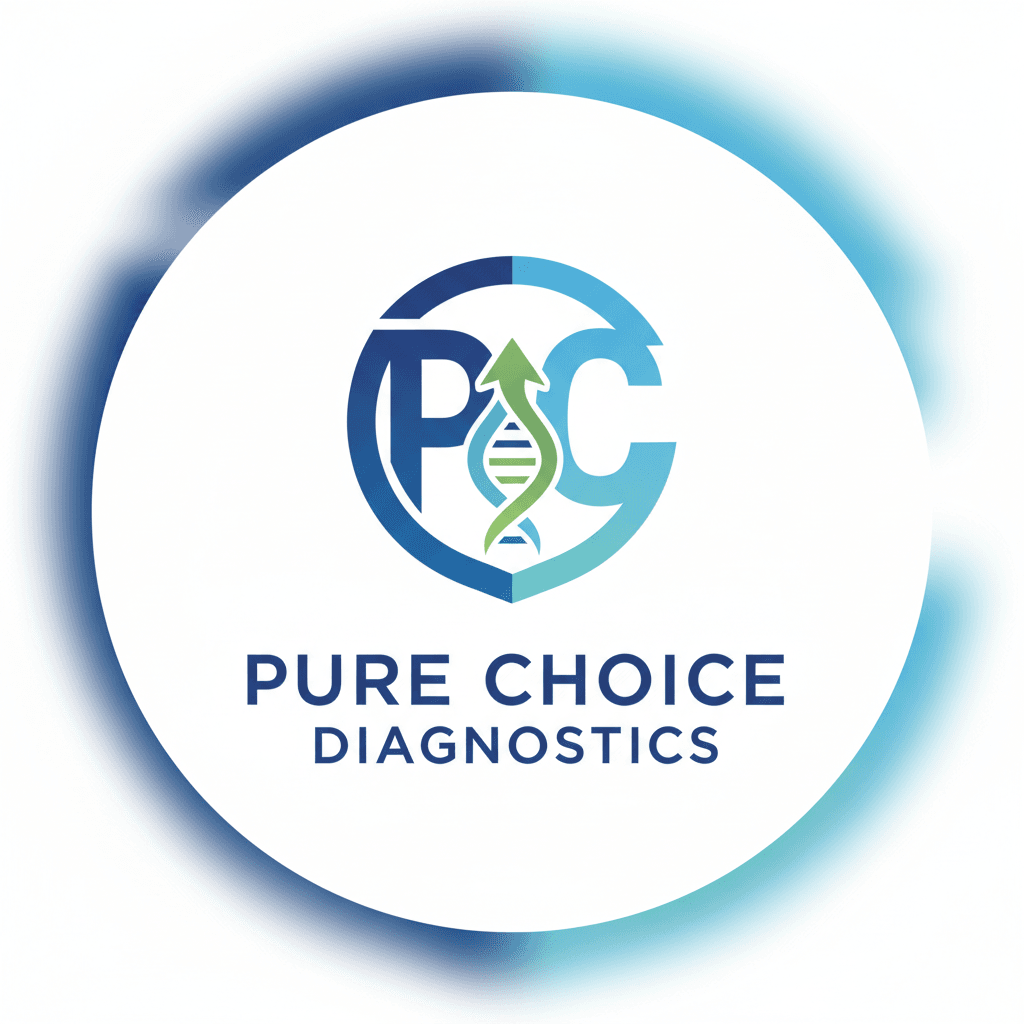The Role of Genetic Testing in Modern Healthcare: Trends and Innovations
Understanding Genetic Testing
Genetic testing has become a cornerstone of modern healthcare, offering insights into an individual's genetic makeup. By analyzing DNA, healthcare providers can identify predispositions to certain health conditions, enabling more personalized treatment plans. This advancement in medical science is not just about predicting health outcomes but also about preventing potential genetic disorders.

Trends in Genetic Testing
One of the significant trends in genetic testing is the shift towards more comprehensive panels that cover a broader range of genetic markers. These panels provide detailed information, allowing for a more in-depth understanding of an individual's health risks. As technology advances, these tests are becoming more accessible and affordable, making them available to a wider audience.
Another trend is the integration of genetic testing with electronic health records. This integration facilitates seamless communication between patients and healthcare providers, ensuring that genetic information is readily available when making crucial health decisions. The use of big data analytics to interpret genetic information is also on the rise, providing more accurate and actionable insights.
Innovations in Genetic Testing
Innovations in genetic testing are constantly evolving, with new techniques and tools being developed to enhance accuracy and efficiency. One notable innovation is the use of next-generation sequencing (NGS), which allows for the rapid sequencing of large stretches of DNA. This technology has revolutionized the field by reducing costs and increasing the speed of genetic analysis.

Another exciting development is the advent of direct-to-consumer genetic testing kits. These kits allow individuals to access their genetic information without going through traditional healthcare channels. While this democratizes access to genetic data, it also raises questions about data privacy and the interpretation of results without professional guidance.
Ethical Considerations
As genetic testing becomes more prevalent, ethical considerations are increasingly important. Issues such as genetic discrimination, privacy concerns, and informed consent need to be addressed to protect individuals' rights. Ensuring that patients fully understand the implications of their genetic information is crucial in maintaining trust in the healthcare system.
Moreover, there is a growing need for regulatory frameworks that govern the use and sharing of genetic data. Balancing innovation with ethical responsibility will be key to harnessing the full potential of genetic testing in healthcare.

The Future of Genetic Testing in Healthcare
The future of genetic testing in healthcare looks promising, with ongoing research and development paving the way for more personalized medicine. As our understanding of the human genome expands, we can expect even more precise diagnostic tools and targeted therapies tailored to individual genetic profiles.
Incorporating artificial intelligence and machine learning into genetic testing processes will further enhance predictive capabilities, allowing for early intervention and improved patient outcomes. The potential for genetic testing to transform modern healthcare is immense, offering hope for better disease prevention and management.
